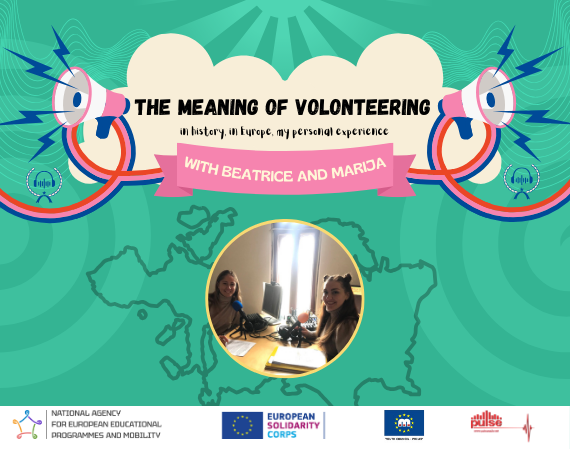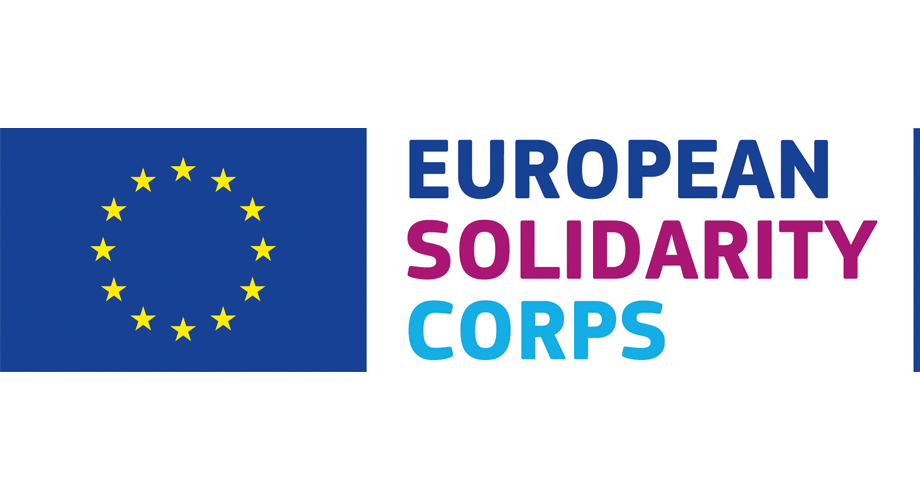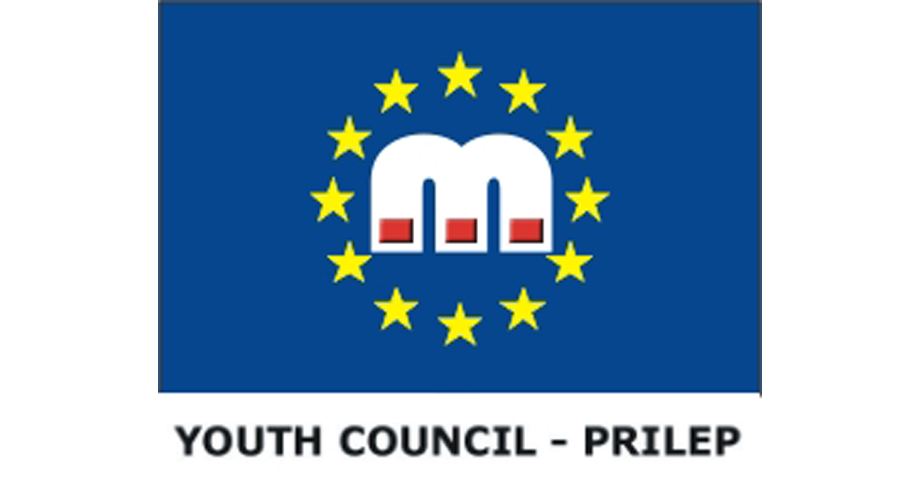🎙️ ESC Volunteers Speaking – The Meaning of Volunteering in history in Europe in my personal experience
Join Beatrice, an ESC volunteer from Italy, as she dives into the rich history and evolving meaning of volunteering. From its roots in religious charity and wartime aid to today’s youth-led activism, volunteering has always reflected a spirit of solidarity. In this episode, Beatrice shares her personal journey, explores how volunteering fills gaps left by the state, and unpacks its role in empowering individuals and strengthening communities. Tune in for a thoughtful look at why volunteering still matters—and how young people are shaping its future.




